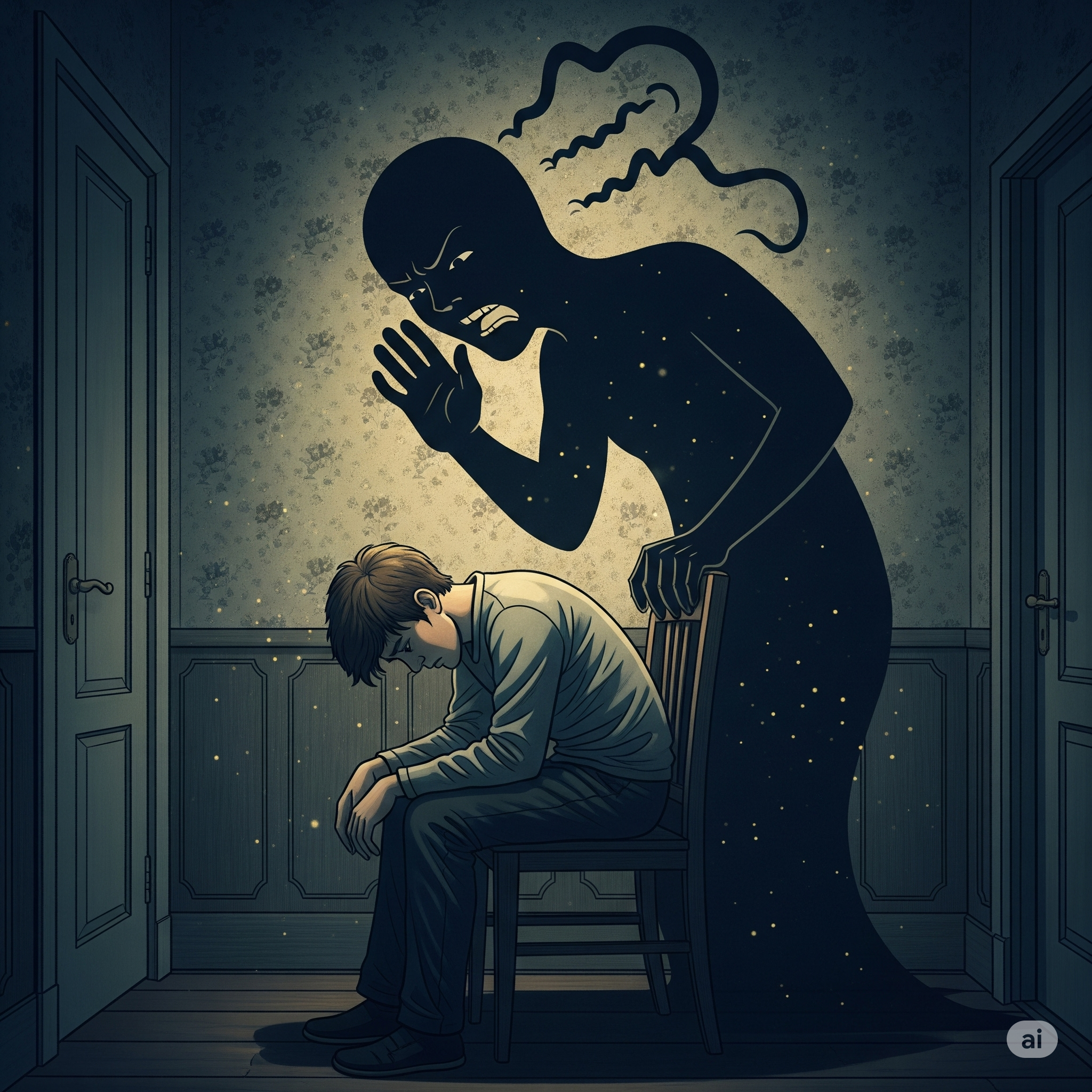The Inner Critics: Unmasking Self-Defeating Beliefs and Cognitive Distortions
We all have an internal monologue, a constant stream of thoughts that shapes our perception of the world, ourselves, and our future. But what happens when this inner voice becomes a harsh critic, a purveyor of doubt and negativity? The answer lies in the often-unseen influence of self-defeating beliefs and cognitive distortions – powerful mental patterns that can significantly impact our emotions and dictate our behaviors, often to our detriment. Recognizing these saboteurs is the first crucial step towards reclaiming our mental and emotional well-being.
What are Self-Defeating Beliefs and Cognitive Distortions?
Self-defeating beliefs are deeply ingrained, negative assumptions we hold about ourselves, others, or the world. These beliefs, often formed through past experiences or societal conditioning, act like a distorted lens through which we view reality. Common examples include: "I'm not good enough," "I'll always fail," "I must be perfect to be loved," or "No one can be trusted." These core beliefs are typically absolute and resistant to change, even in the face of contradictory evidence.
Cognitive distortions, on the other hand, are errors in our thinking patterns – essentially, mental shortcuts or biases that reinforce our negative self-defeating beliefs. These distortions twist an otherwise neutral or even positive reality into something negative. Some prevalent cognitive distortions include:
- All-or-Nothing Thinking (Black-and-White Thinking): Seeing things in absolutes – if it's not perfect, it's a total failure.
- Overgeneralization: Drawing a broad conclusion based on a single incident or piece of evidence. One rejection becomes "I'll always be rejected."
- Mental Filter: Focusing solely on the negative aspects of a situation while ignoring the positives.
- Discounting the Positive: Rejecting positive experiences by insisting they "don't count" for some reason.
- Jumping to Conclusions:
- Mind Reading: Assuming you know what others are thinking, usually negatively, without any concrete evidence.
- Fortune Telling: Predicting a negative outcome and believing it as fact.
- Magnification and Minimization (Catastrophizing): Exaggerating the importance of negative events or personal flaws while downplaying positive qualities or achievements.
- Emotional Reasoning: Believing something must be true because you feel it so strongly ("I feel like a failure, so I must be one").
- "Should" Statements: Holding rigid rules about how you and others "should" behave, leading to guilt and frustration when these expectations aren't met.
- Labeling: Assigning global negative traits to yourself or others based on specific behaviors ("I made a mistake, so I'm a loser").
- Personalization: Taking responsibility or blame for external negative events that are not in your control.
The Vicious Cycle: Beliefs, Thoughts, Emotions, and Behaviors
Self-defeating beliefs and cognitive distortions don't exist in a vacuum. They are intricately linked in a powerful cycle that profoundly influences our emotional state and subsequent actions.
A self-defeating belief (e.g., "I'm incompetent") can trigger a cascade of distorted thoughts when faced with a challenge (e.g., "There's no way I can do this, I'll definitely mess it up" – fortune telling). These negative thoughts, in turn, generate distressing emotions such as anxiety, sadness, shame, or anger.
These uncomfortable emotions then drive our behaviors. If we feel anxious and believe we'll fail, we might procrastinate, avoid the challenging situation altogether, or put in minimal effort – actions that, ironically, can lead to the very outcome we feared, thus reinforcing the original self-defeating belief. For instance, believing "I'm unlovable" might lead someone to avoid social interactions (behavior) due to fear of rejection (emotion fueled by distorted thoughts like "they won't like me"), ultimately leading to loneliness and a strengthened conviction of being unlovable.
The Power of Awareness: Breaking Free
The crucial first step in dismantling this destructive cycle is awareness. We cannot change what we do not recognize. By learning to identify our specific self-defeating beliefs and the cognitive distortions we frequently employ, we begin to create distance between ourselves and these negative thought patterns.
This awareness allows us to:
- Challenge the Thoughts: Once a distorted thought is identified, we can question its validity. Is there evidence to support it? Are there alternative, more balanced perspectives?
- Reframe Beliefs: Recognizing that core beliefs are learned, not innate truths, opens the door to gradually modifying them into more realistic and self-compassionate ones.
- Regulate Emotions: Understanding that emotions are often a product of our thoughts, rather than objective reality, can lessen their intensity and allow for healthier coping mechanisms.
- Modify Behaviors: As negative thoughts and emotions lose their grip, we are empowered to choose behaviors that are aligned with our goals and values, rather than being driven by fear and self-doubt.
Techniques like mindfulness, journaling, and cognitive restructuring (a core component of Cognitive Behavioral Therapy - CBT) can be invaluable tools in developing this awareness.
In conclusion, our internal landscape of beliefs and thoughts holds immense power over our emotional well-being and the lives we lead. By courageously shining a light on our self-defeating beliefs and cognitive distortions, we can begin to unravel their influence, cultivate a more compassionate inner voice, and consciously shape a more positive and fulfilling reality. This journey of self-awareness is not always easy, but it is undeniably essential for unlocking our true potential.





